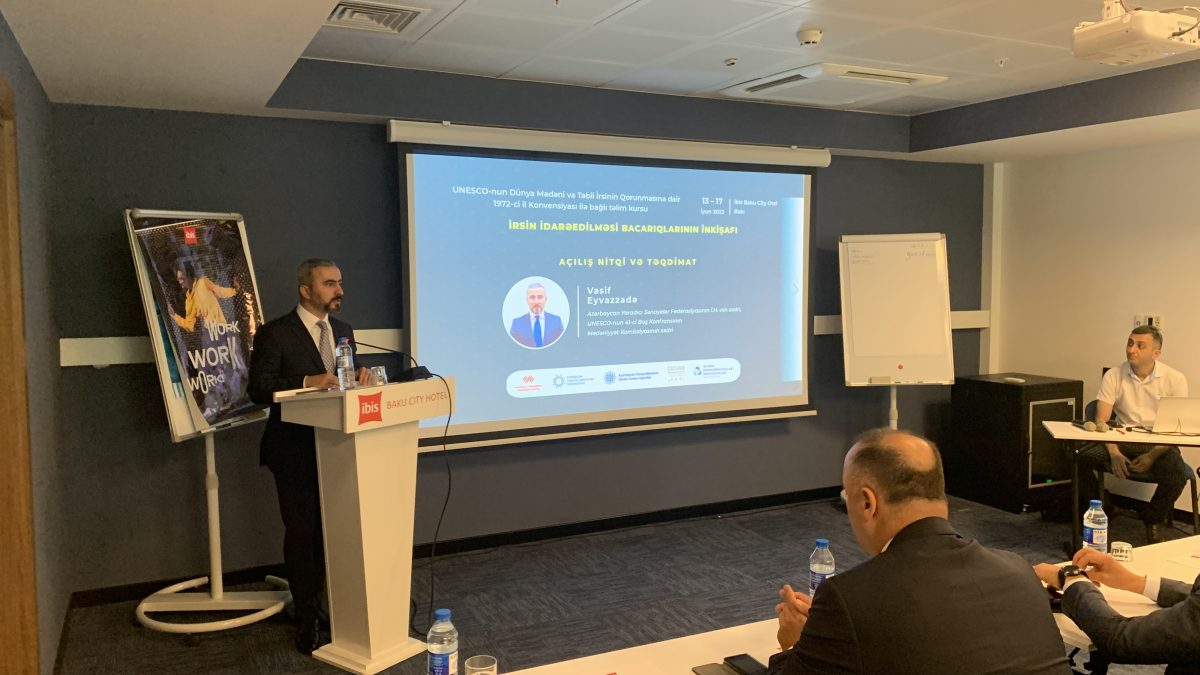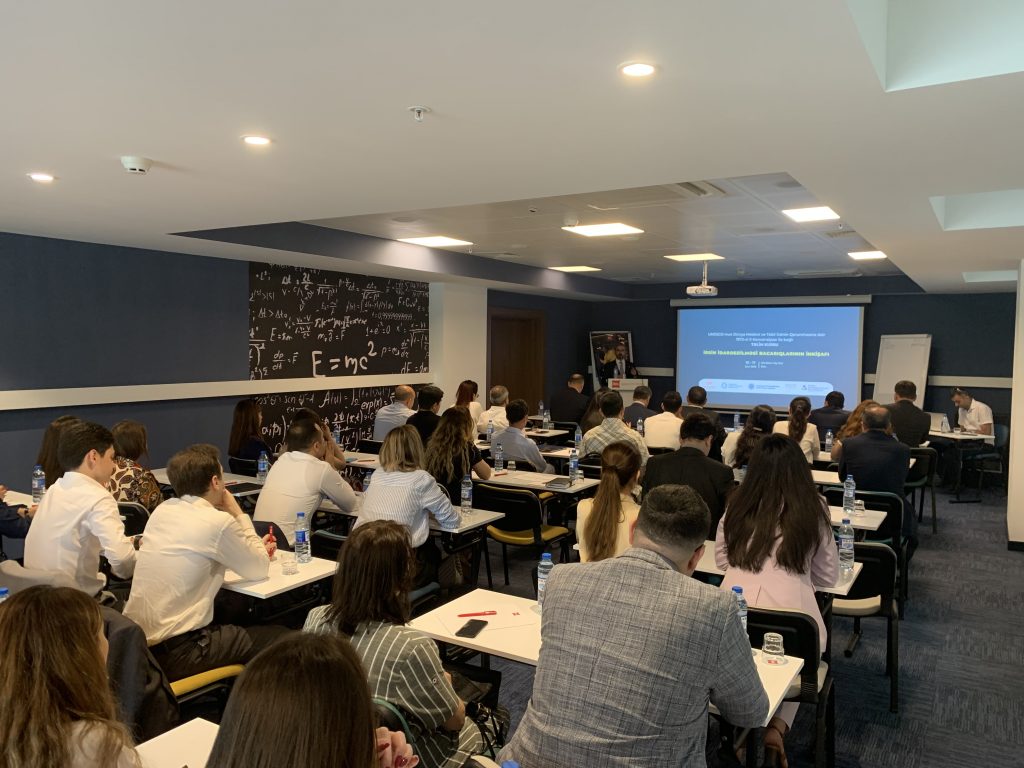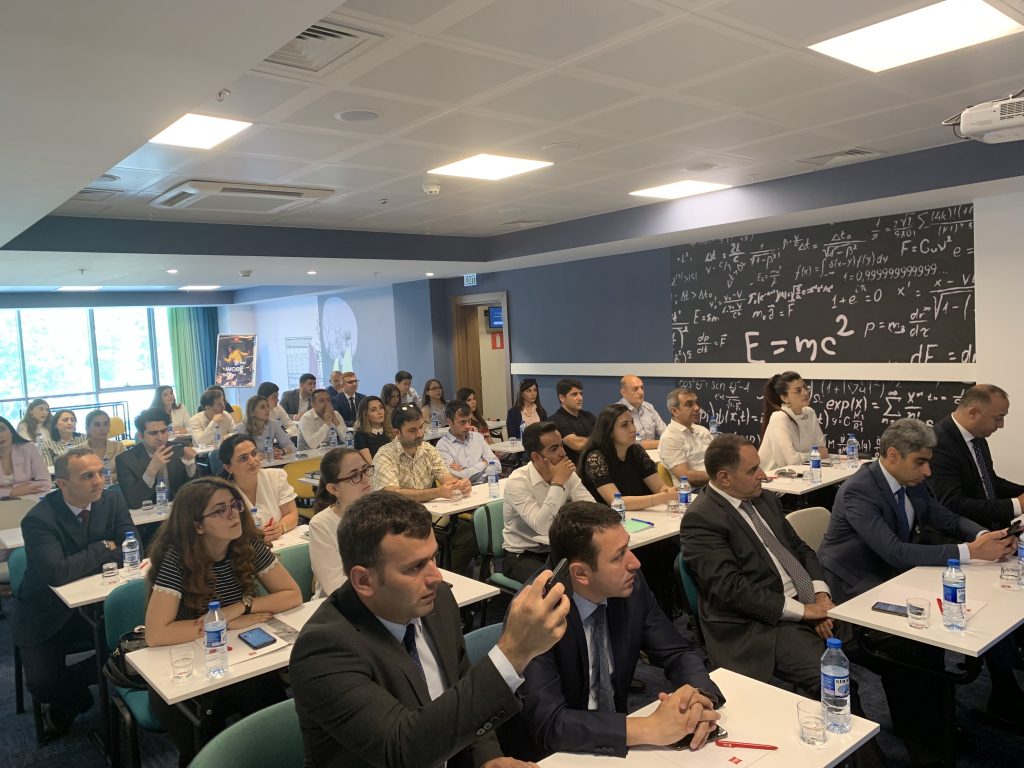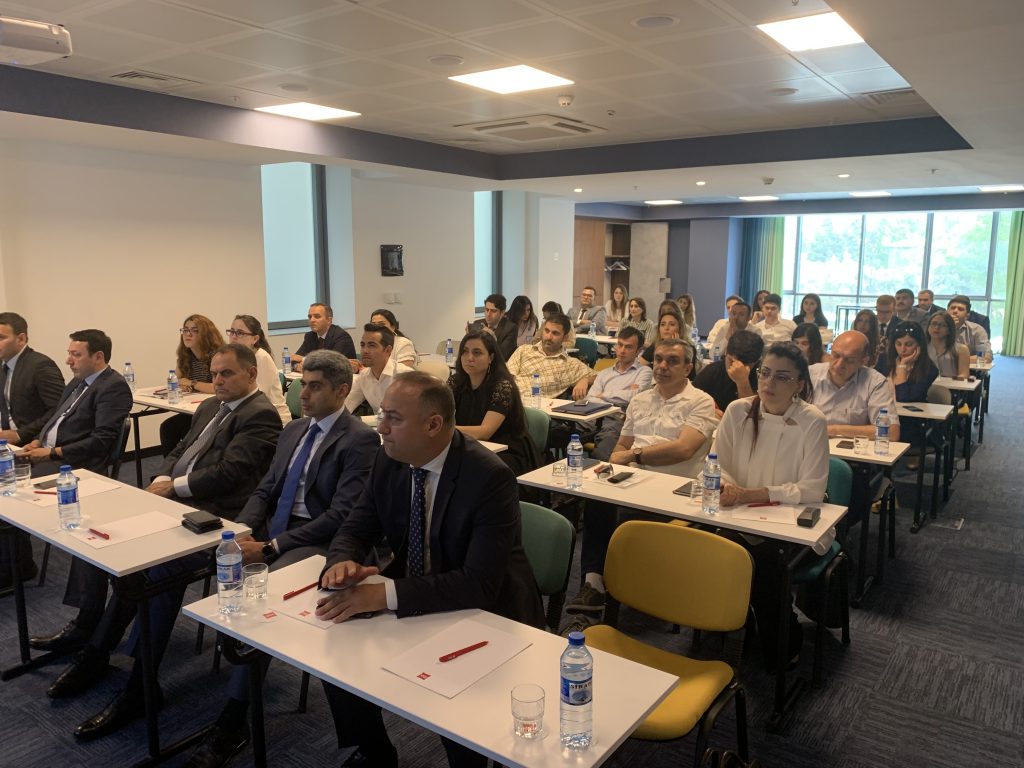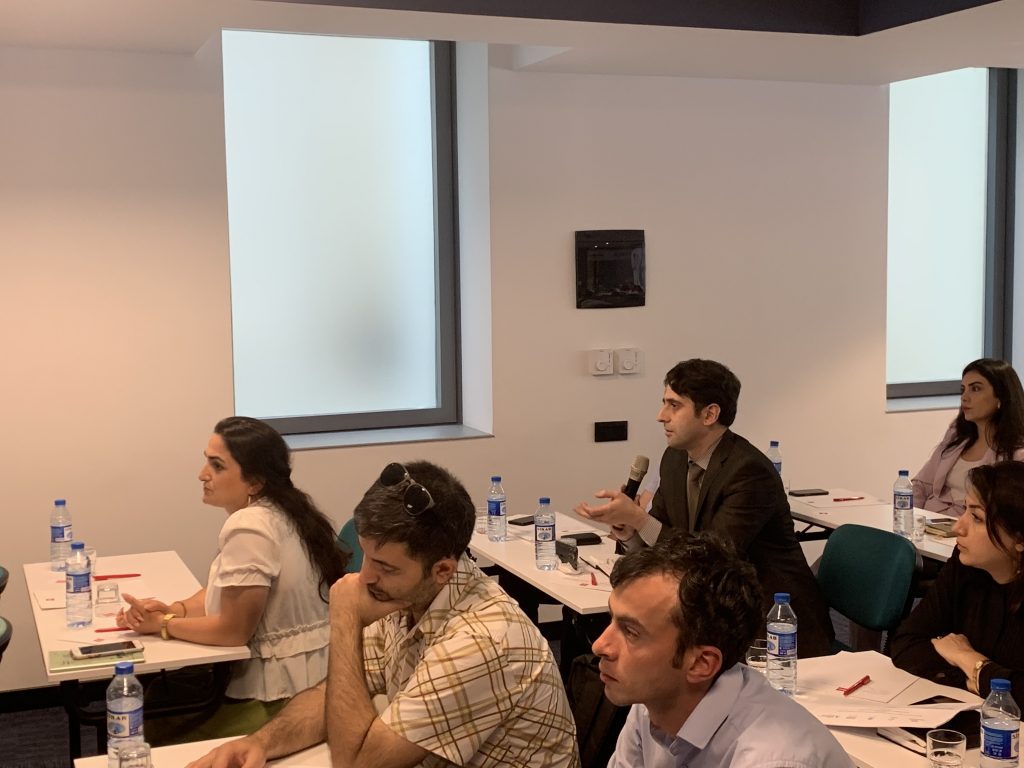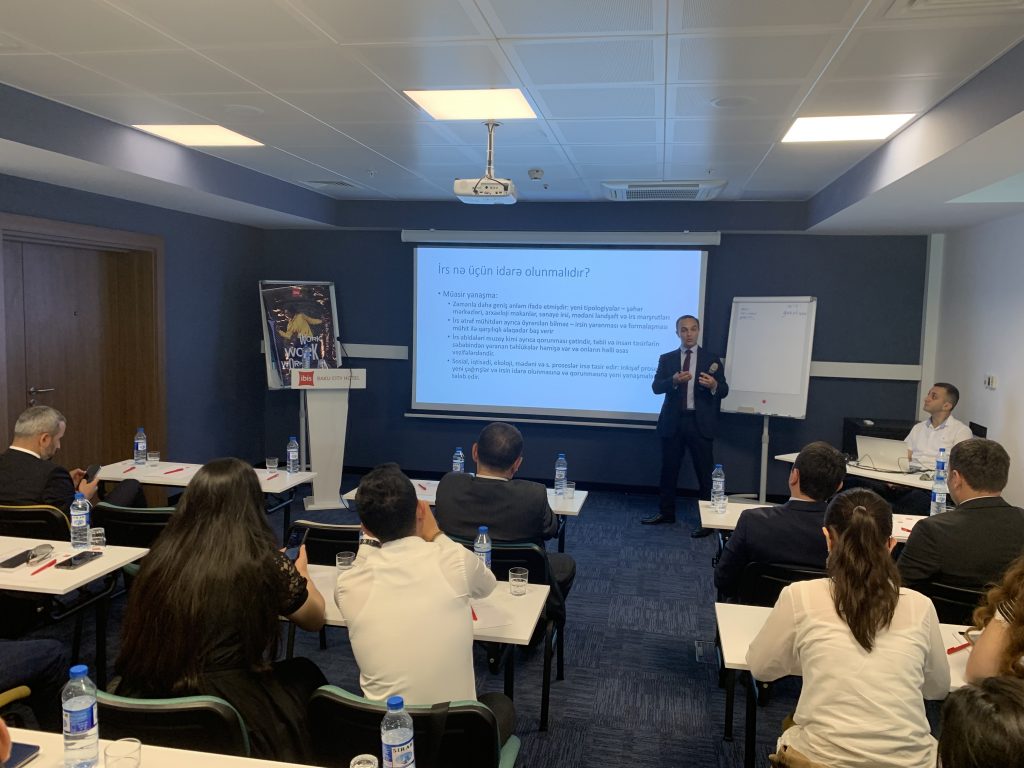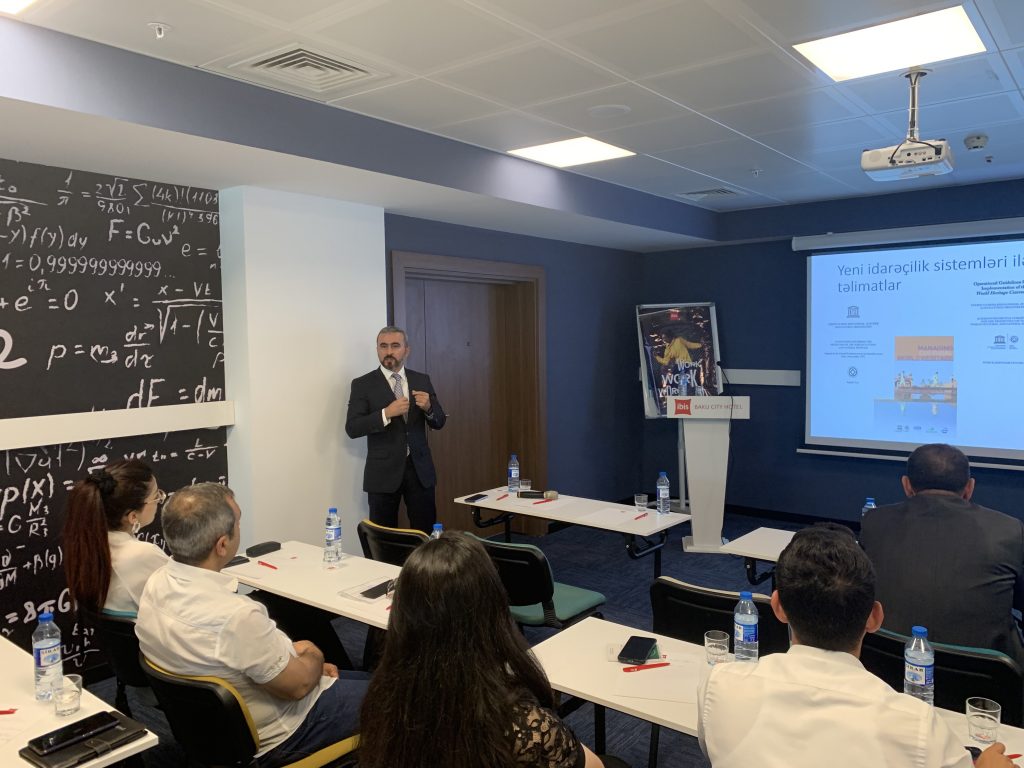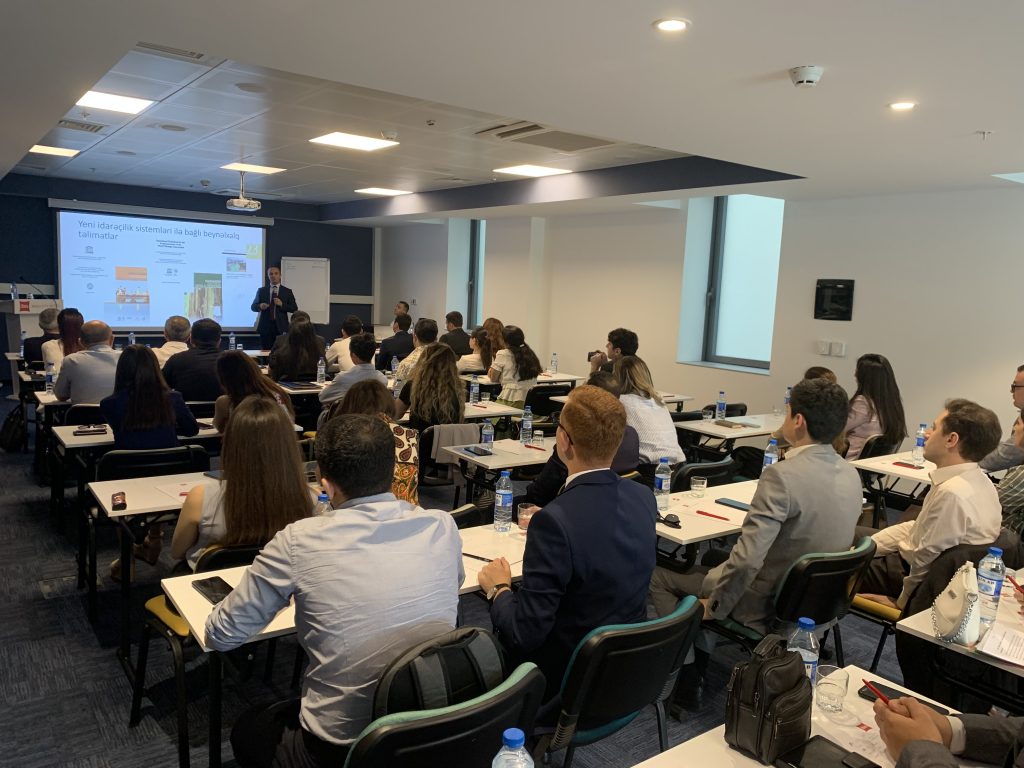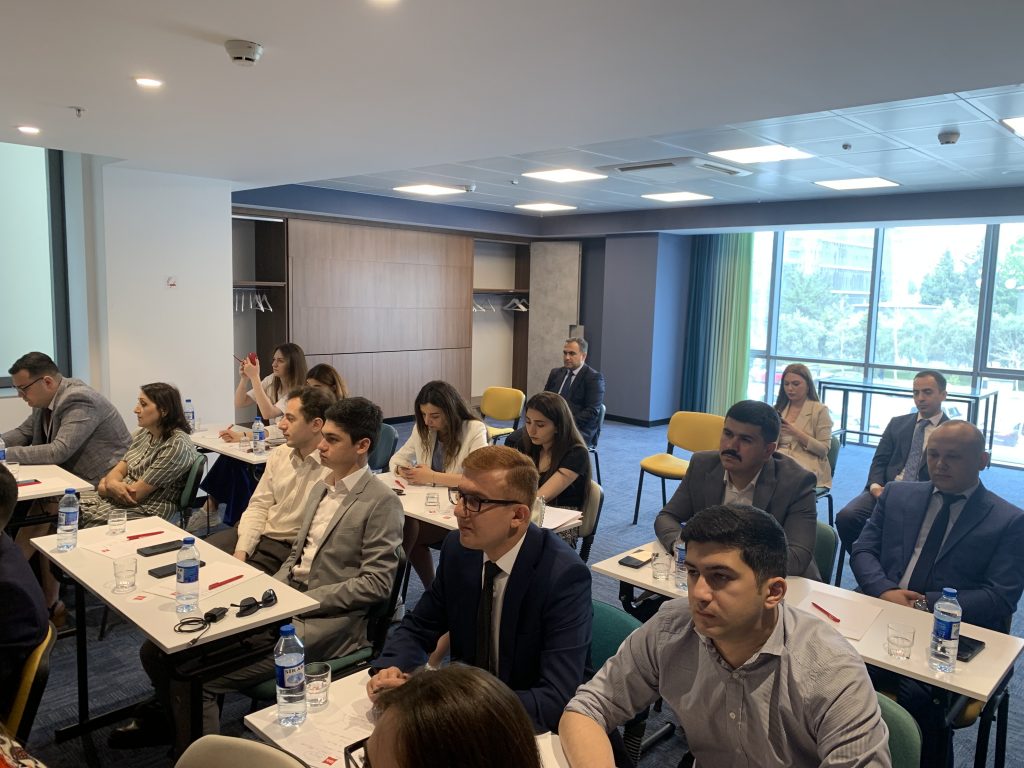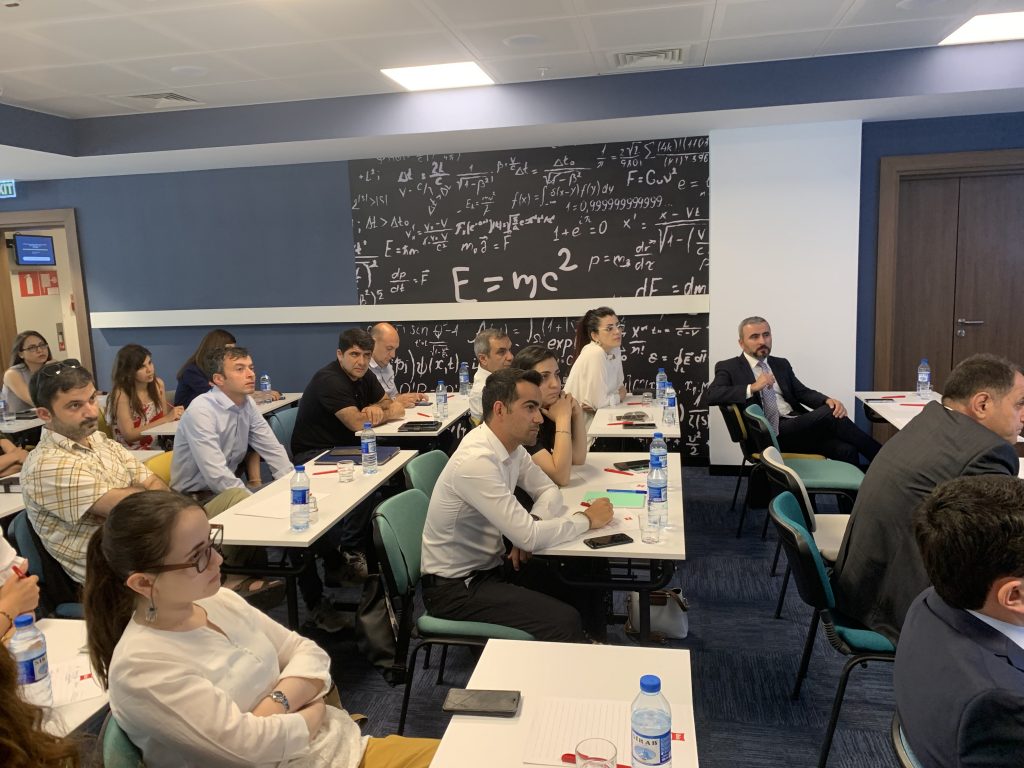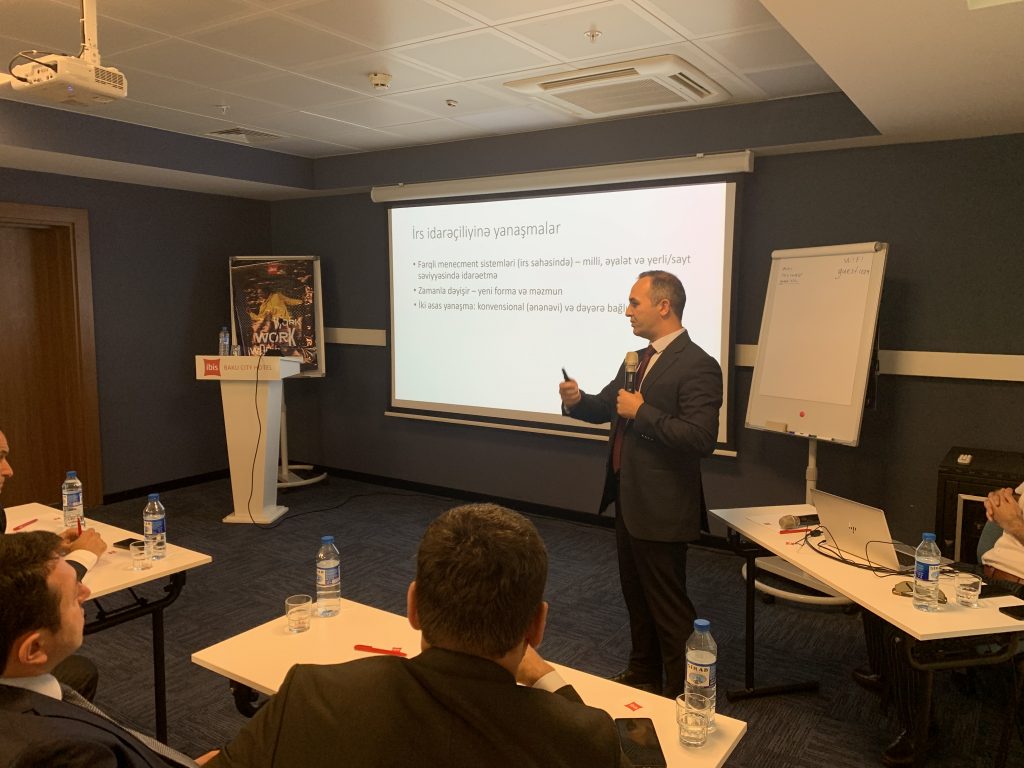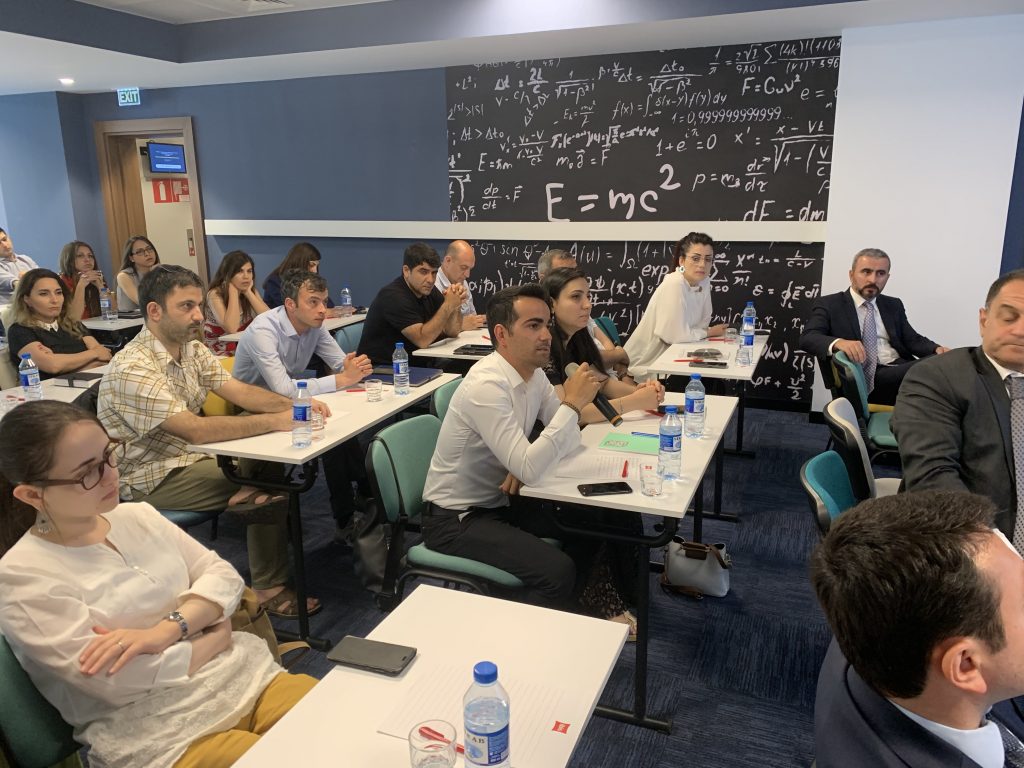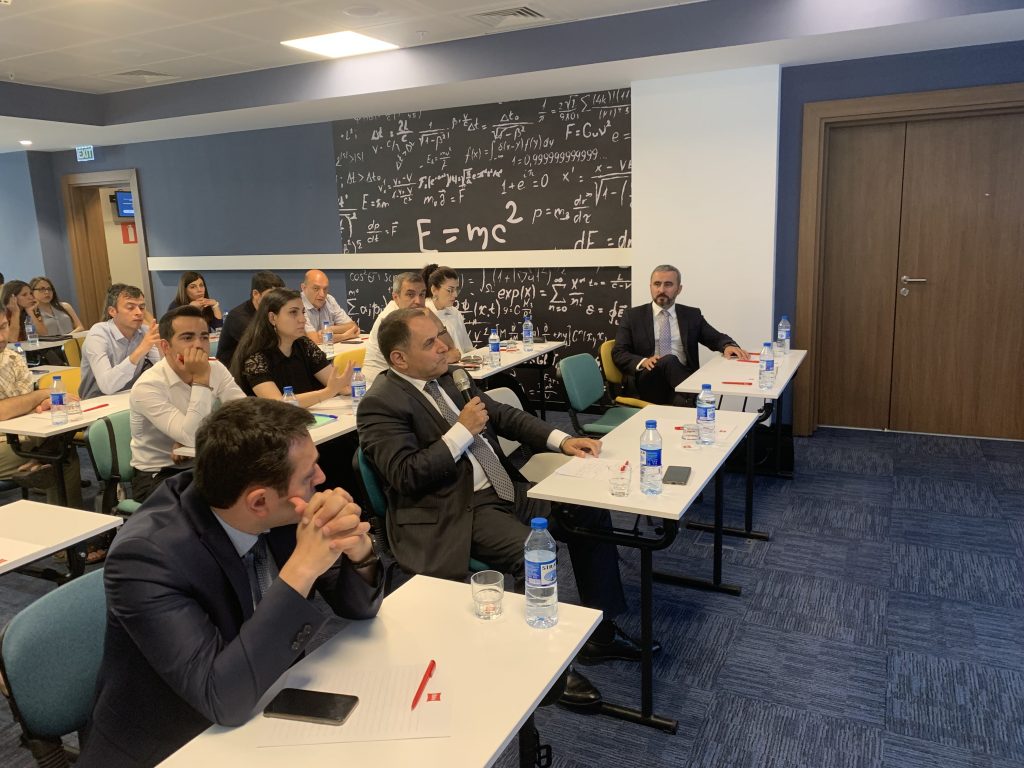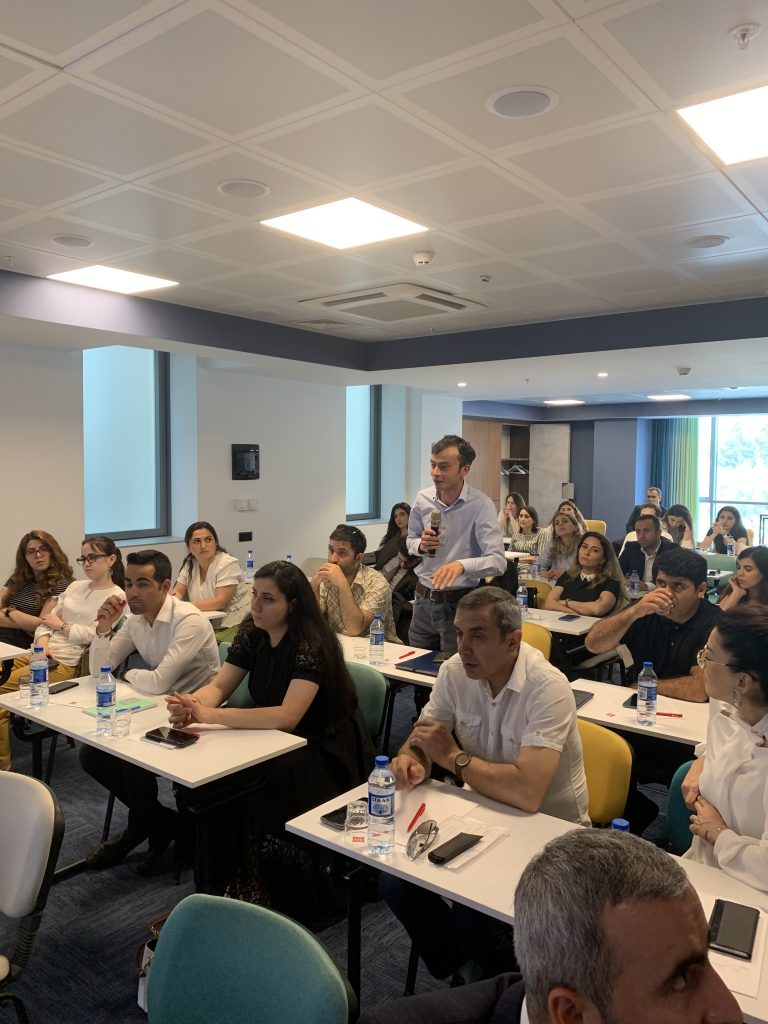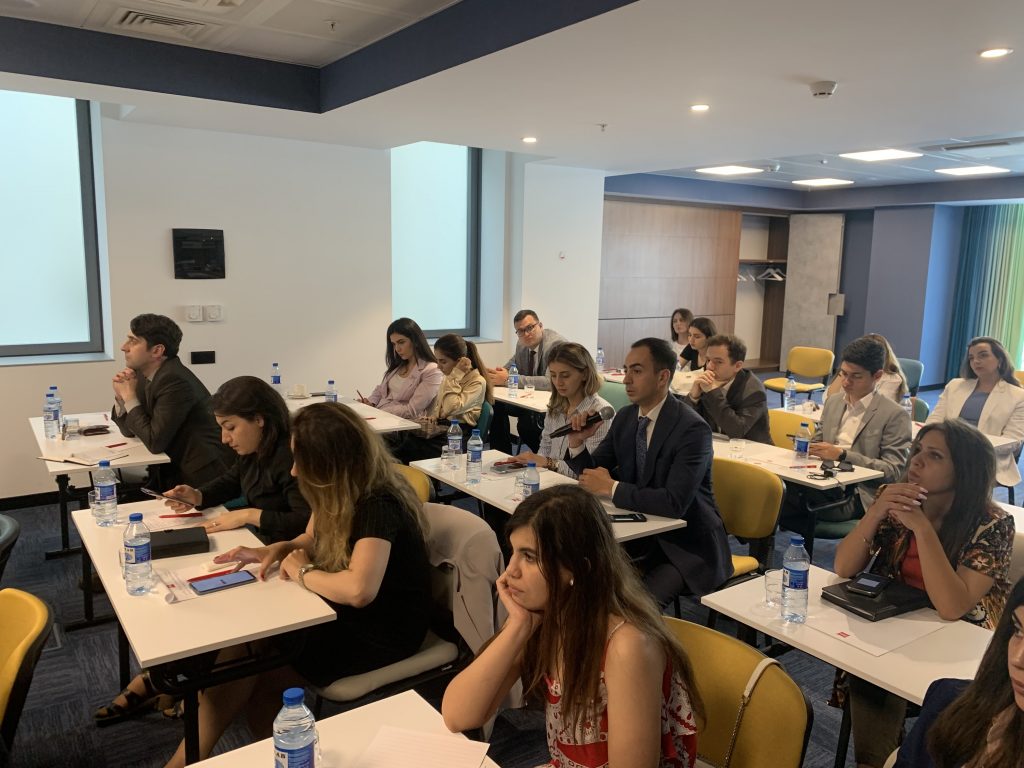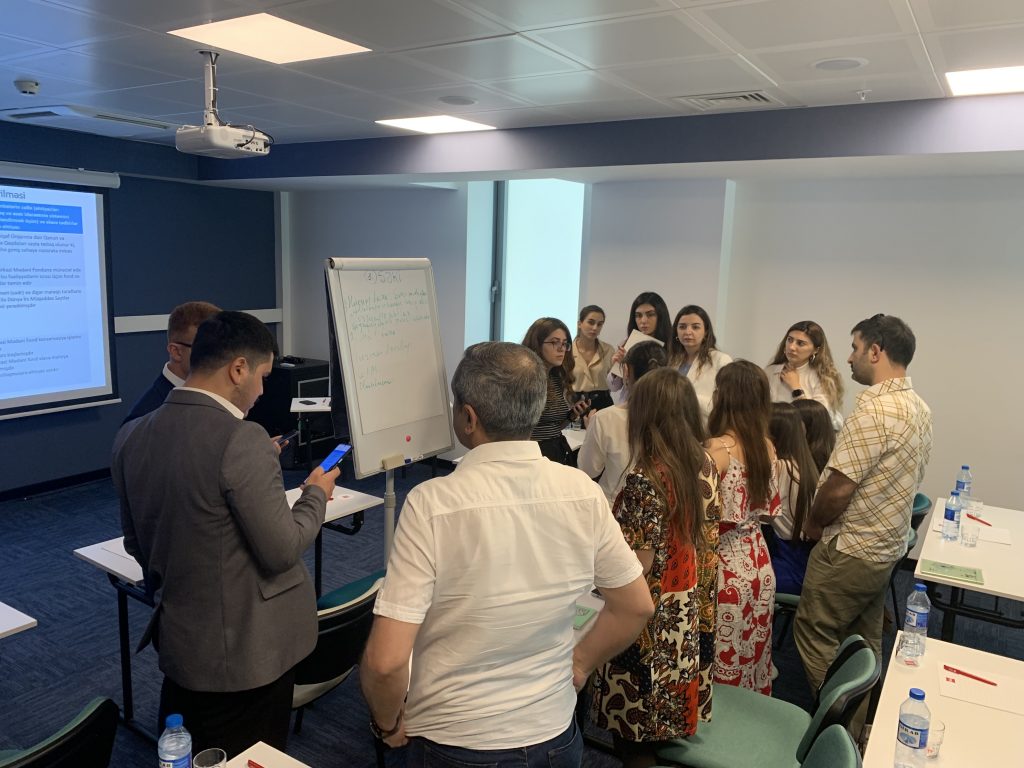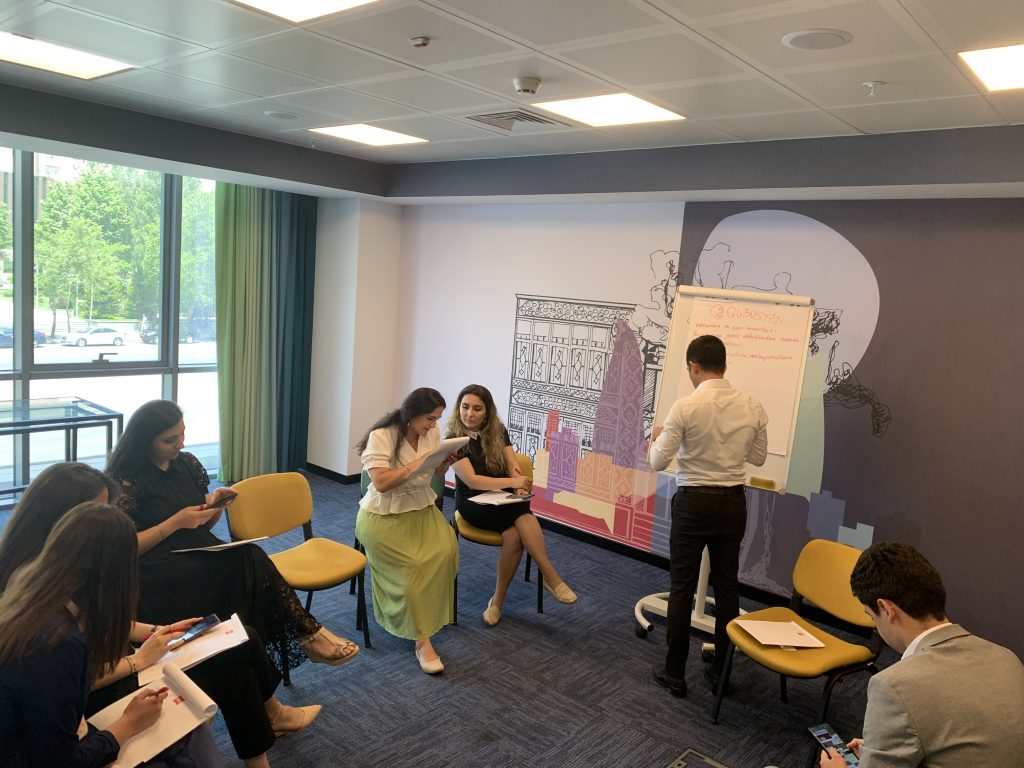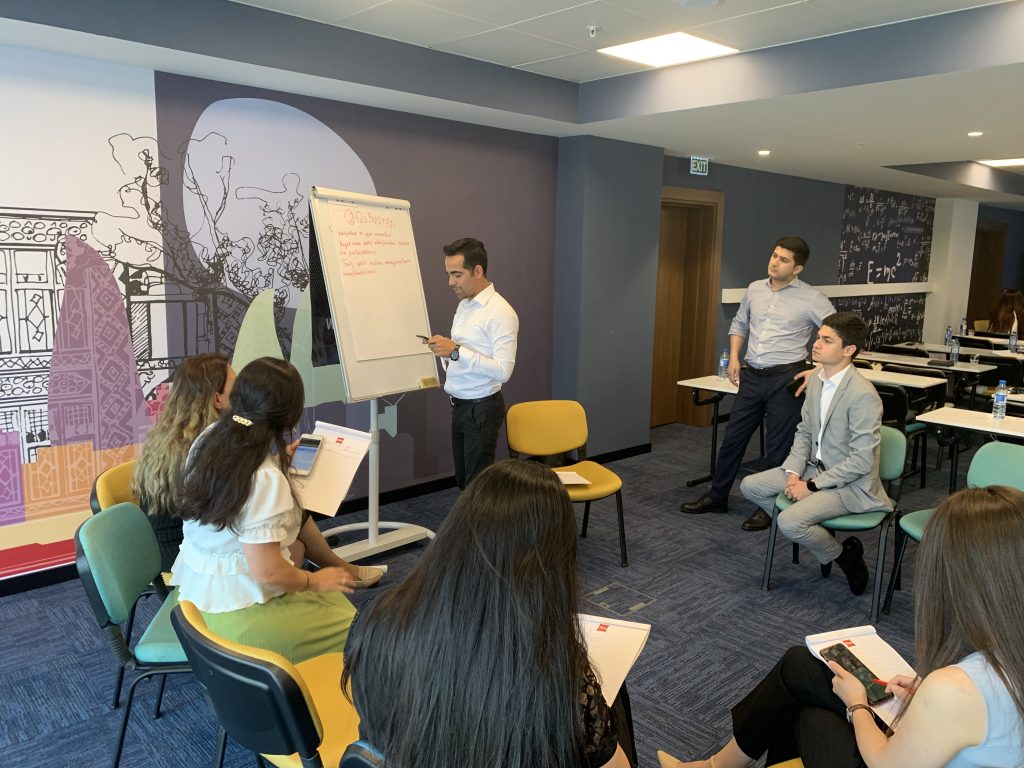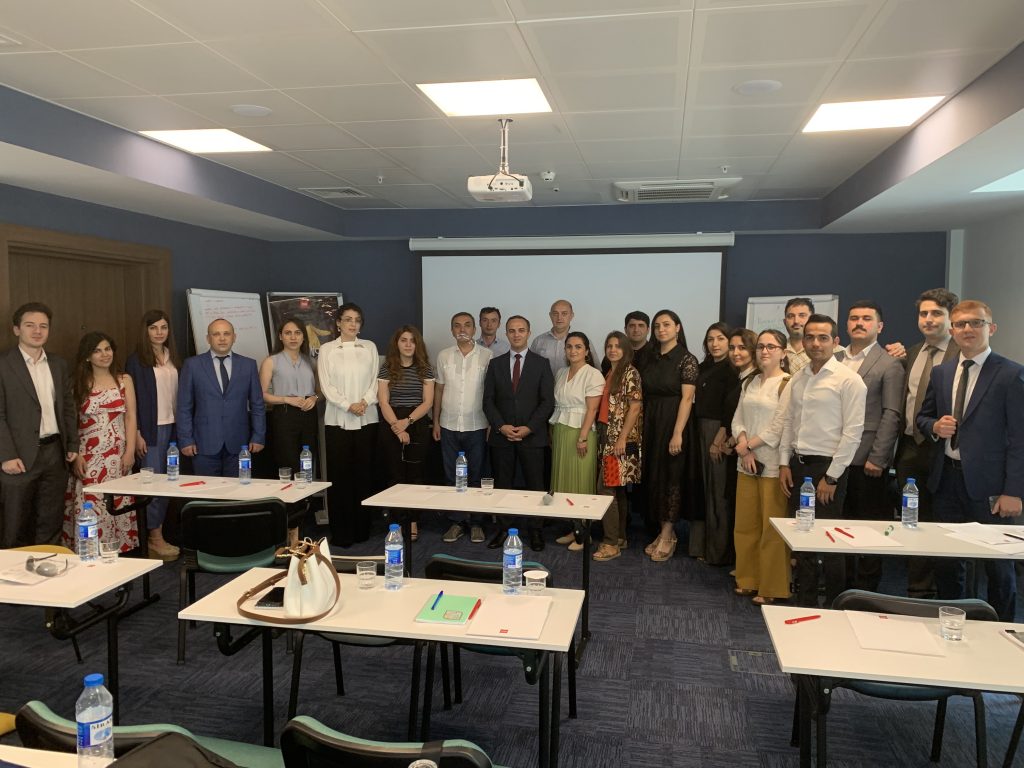Four-day training course on the 1972 UNESCO Convention on the Protection of the World Cultural and Natural Heritage opened

Open Call for Supporting the Creative Economy: a programme for policy makers
13/06/2022
The second day of the training course on the 1972 UNESCO “Convention for the Protection of the World Cultural and Natural Heritage” organized
14/06/2022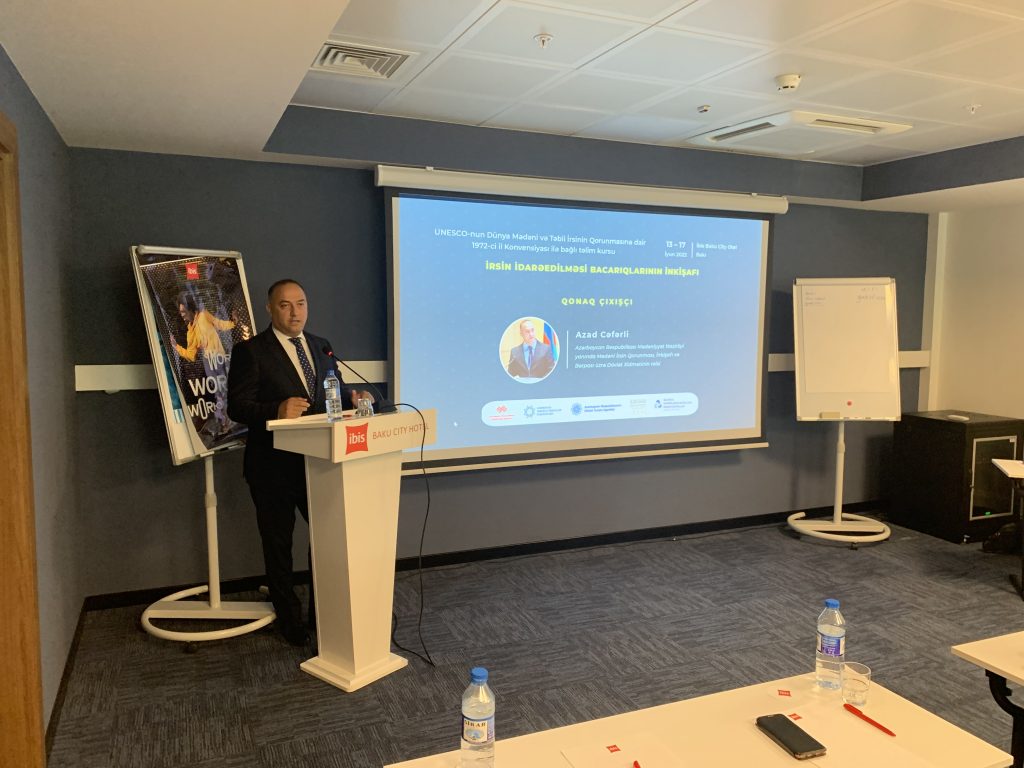 Speaking at the opening of the event, the head of the training program, the chairman of the board of the Azerbaijan Creative Industries Federation, Vasif Eyvazzade said that representatives of the Ministry of Culture, the State Tourism Agency, the “Icherisheher” State Historical-Architectural Reserve Department and the University of Architecture and Construction participated in a joint training program on heritage management for the first time, and this factor will create a good basis for general and joint activity of heritage within the framework of institutional affiliation. V. Eyvazzade then made a presentation about the 1972 UNESCO Convention on the Protection of the World Cultural and Natural Heritage, management bodies in the field, the World Heritage List, advisory organizations, and the role of Azerbaijan in these processes.
Speaking at the opening of the event, the head of the training program, the chairman of the board of the Azerbaijan Creative Industries Federation, Vasif Eyvazzade said that representatives of the Ministry of Culture, the State Tourism Agency, the “Icherisheher” State Historical-Architectural Reserve Department and the University of Architecture and Construction participated in a joint training program on heritage management for the first time, and this factor will create a good basis for general and joint activity of heritage within the framework of institutional affiliation. V. Eyvazzade then made a presentation about the 1972 UNESCO Convention on the Protection of the World Cultural and Natural Heritage, management bodies in the field, the World Heritage List, advisory organizations, and the role of Azerbaijan in these processes.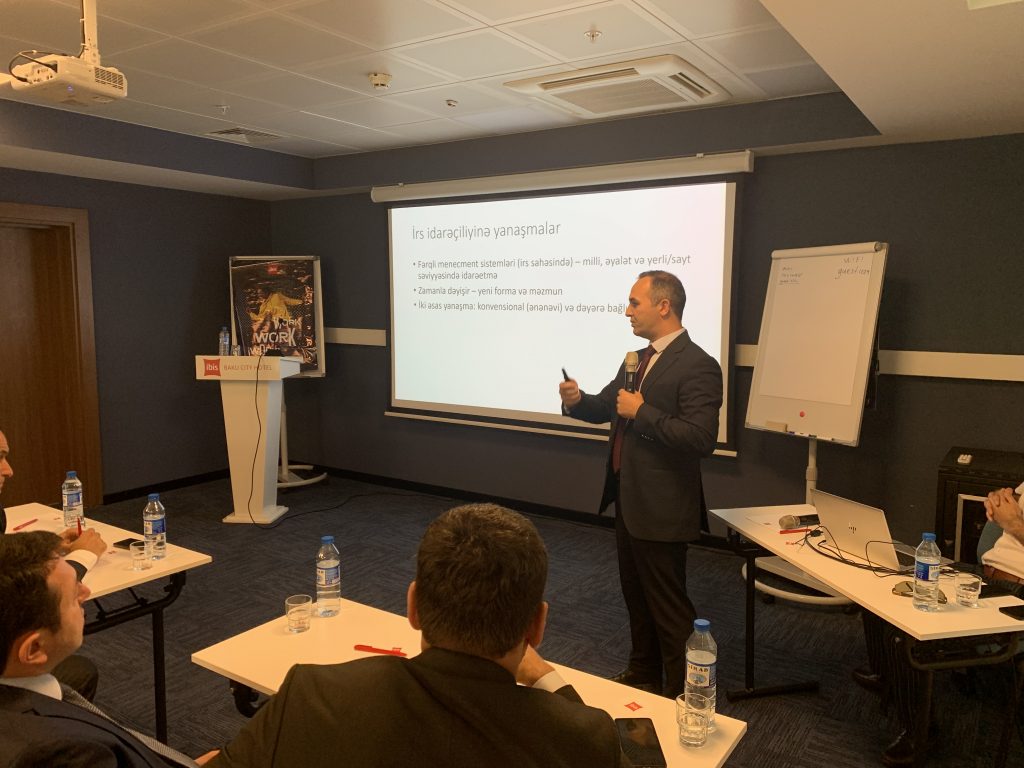 V. Eyvazzade said that they supported the proposal regarding other conventions and, in fact, along with the UNESCO World Heritage Convention, other training modules are were prepared on 2003 on the protection of intangible cultural heritage, 1954 on the protection of cultural property in the event of armed conflict, 2005 on the protection and development of the diversity of cultural expression. He pointed out that training modules would be organized soon within the framework of the 1970 conventions on the illegal circulation of cultural property.
V. Eyvazzade said that they supported the proposal regarding other conventions and, in fact, along with the UNESCO World Heritage Convention, other training modules are were prepared on 2003 on the protection of intangible cultural heritage, 1954 on the protection of cultural property in the event of armed conflict, 2005 on the protection and development of the diversity of cultural expression. He pointed out that training modules would be organized soon within the framework of the 1970 conventions on the illegal circulation of cultural property.The training program ordered by the Ministry of Culture, implemented in partnership with the State Tourism Agency, “Icherisheher” State Historical-Architectural Reserve Department and with the support of Azerbaijan Creative Industries Federation covers four main topics: “The best in cultural heritage as places that reflect national/local identity and contribute to the economic development of society practices”, “Cultural heritage policy and institutions: Themes and notes from the convention”, “Tangible and Intangible Heritage and Sustainable Development”, and “The role of cultural heritage in the socio-cultural development of the society (best practices, challenges and opportunities)” and will contribute to increasing the competence and skills of the participants in this field, as well as the effective organization of international cultural and creative activities and development of our country. The training program will continue and end on June 17.

